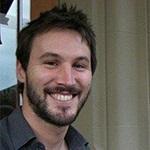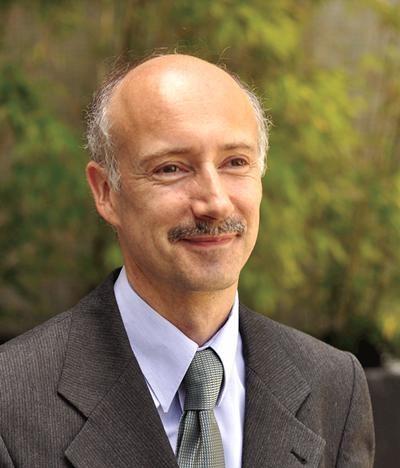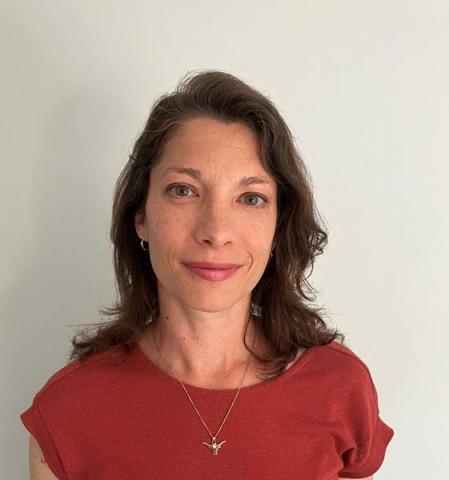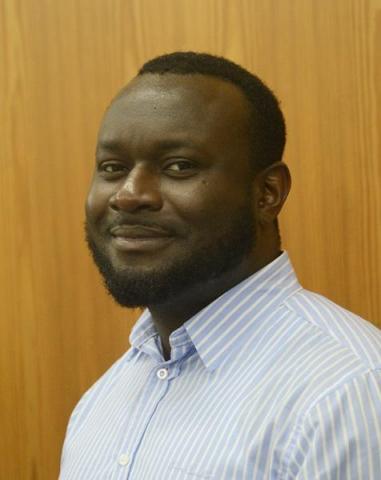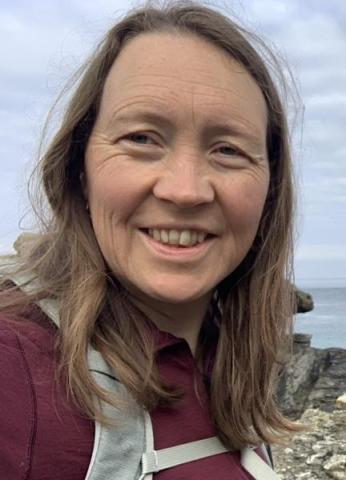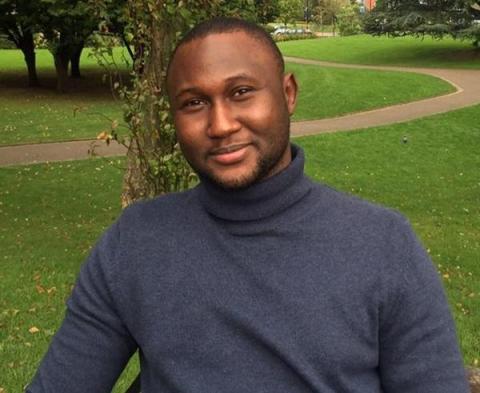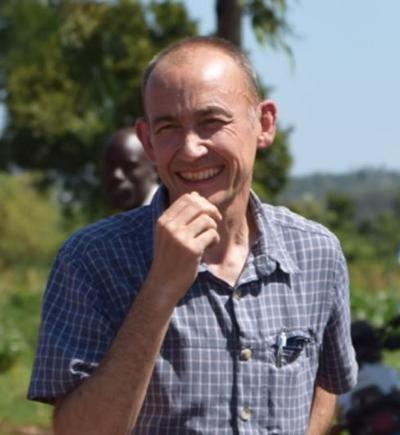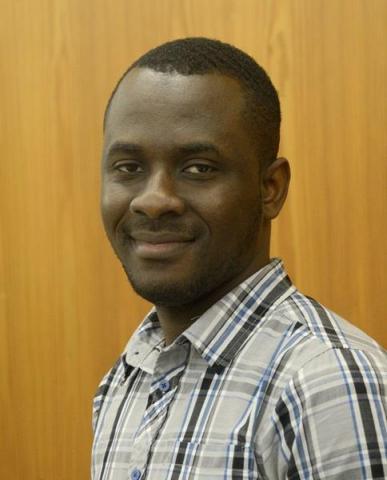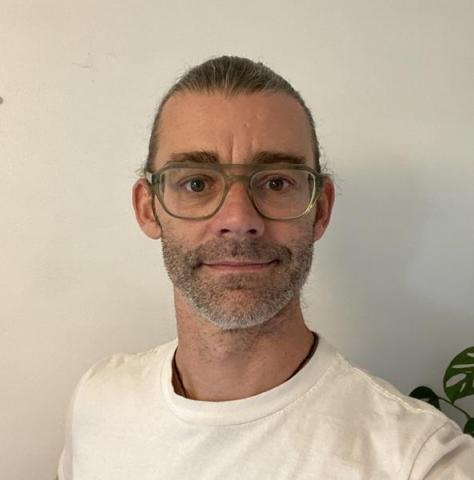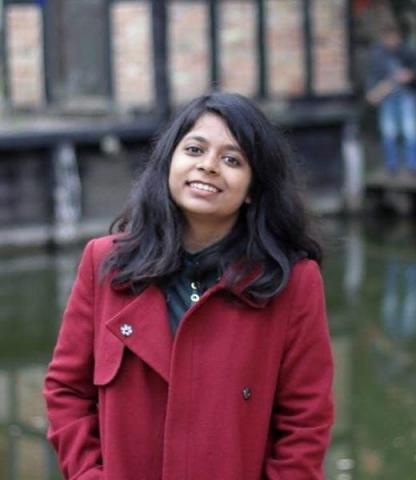Population, Health and Wellbeing (PHeW)

Our group specialises in the spatial analysis of census and population data. We study geographical population trends and future population measurement systems.

Our group specialises in the spatial analysis of census and population data. We study geographical population trends and future population measurement systems.

Our research group works in areas like population modelling, population health cultures, and global practices of care and wellbeing. This helps us understand the different challenges facing people across the world.
To support our insights into care for vulnerable and marginalised groups, we have hosted the WorldPop Project. This provides spatial demographic data to support development, health and disaster response applications.
We work alongside GeoData - an enterprise group that researches social and environmental challenges. We focus on areas like food and water security, poverty alleviation and climate change adaptation.
Some of our recent projects have explored:
By working with major social survey companies, national statistical organisations and health organisations, we've developed expertise in geographical referencing, catchment definition, zone design and policy analysis.
We also do consultancy work for organisations in social statistics, health and welfare across the public and private sectors.
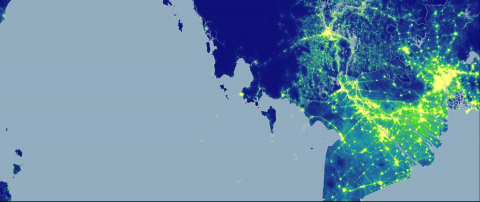
I help develop innovative methods for high-resolution mapping of populations in countries with limited or no census data.
